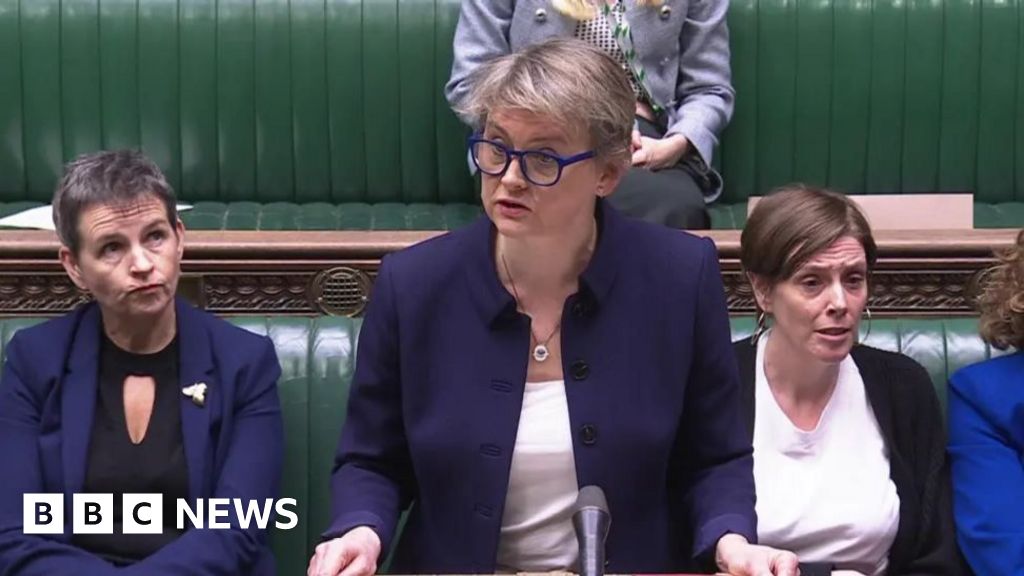ARTICLE AD BOX

 PA Media
PA Media
Sue Gray has quit as the prime minister's chief of staff
When I leaked Sue Gray’s salary last month, details of her pay were less important than what the leak revealed about the anger of those alongside her in government.
In short, they were flipping angry - angry about her perceived power, her abilities, and they accused her of failing to sort out the pay of other special advisers, as they are known.
Others, I should point out, felt it all amounted to a personal vendetta and was grossly unfair.
But, fair or otherwise, the anger was very real.
It presented Sir Keir Starmer with few options: get rid of her, get rid of those unhappy with her, or solve the underlying problems.
Solving the underlying problems looked difficult without either of the other two options happening too.
And getting rid of all of those unhappy with her would have been difficult too – firstly, there were quite a few of them, and secondly finding them would not have been easy, as they had been making their feelings known discreetly.
So did Sue Gray jump or was she pushed?
“There was a mutual recognition that a change was needed,” is how it was, rather diplomatically, put to me.
“The prime minister was aware his team needed a refresh. Both of them could see that was needed."
"This was not going to fix itself,” a senior source added, a nod to the bind they were in unless they acted pretty drastically.
In truth, many in government had felt privately for some time her position was increasingly untenable – and will hope her ousting and the wider rejig will sharpen the government’s sense of purpose and cut the number of own goals.
A party that was ruthlessly well prepared for the election has looked rather less prepared for the realities of government.
The promotion of Morgan McSweeney as Ms Gray’s replacement and the arrival of James Lyons, a former political journalist turned communications director in both the public and private sector, is likely to give the operation a sharper political edge.

 Getty Images
Getty Images
Sir Keir Starmer has appointed Morgan McSweeney as his new chief of staff
Tellingly, one element of the rejig is the government’s list of planned announcements, known internally as "the grid", that had been under the command of Ms Gray.
It will now be under the control of the No10 communications team, where some believe it should always have been.
“Look at that news grid, week after week after week of stories about freebies,” one senior figure said to me the other day with an exasperated tone.
They were articulating a double frustration – a frustration at the initial failure of judgement in accepting the donations and how they were spent, and a frustration at how long it had taken the party to deal with the row.
Other Labour figures, though, are privately jittery that all this “looks like the leakers have won”, as one put it to me.
Labour made much of saying they would offer an alternative to the chaos of recent Conservative administrations.
And yet within weeks there was backbiting and infighting.
The prime minister will hope this marks the end of it.

 3 months ago
26
3 months ago
26








 English (US) ·
English (US) ·